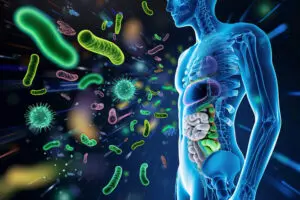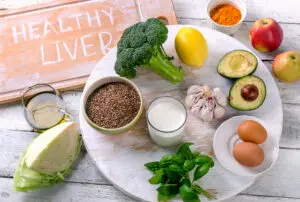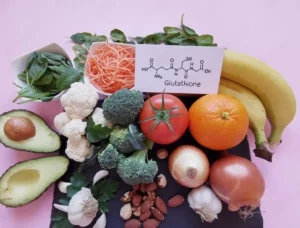Show Some Love to Your Hard-Working Heart with These Five Heart-Healthy Tips.
With Valentine’s Day just around the corner, many view February as the month of love, but it is also American Heart Month. According to the American Heart Association, heart disease is the leading killer of Americans, taking the lives of 2,200 people each day. In addition, 103 million adults have high blood pressure, and 6.5 million live with heart failure. While genetic factors do play a part in cardiovascular disease, the good news is 80 percent of cardiovascular diseases may be preventable with education and action.
Many risk factors for heart disease can be modified, including lack of physical activity, poor diet, and tobacco use. In the United States, the death rate from cardiovascular disease decreased by 18.6 percent between 2006 and 2017, according to a report published in January 2019 in the journal Circulation.
Heartfelt lifestyle changes can make a significant impact when it comes to heart health. Show your heart some love with these five heart-healthy tips:
1. Know your numbers
Maintaining a healthy weight, blood pressure, and total cholesterol play a significant role in maintaining a healthy heart. While there are standard guidelines for blood pressure and cholesterol, ideal weight goals are individual. A physician can help determine an appropriate goal weight based on additional factors such as age and height.
2. Move your Body
Heart pumping physical activity not only helps to prevent cardiovascular disease but can also improve overall mental and physical health. The American Heart Association recommends five 30-minute moderate exercise sessions each week. While this may seem daunting, it is essential to note that these sessions can be broken up into two or three ten or 15-minute segments throughout the day.
3. Pump it Up!
Strength training complements cardiovascular exercise by toning muscles and burning fat. Also, proper strength training can improve daily functional movements, decreasing the chance of injury. The American Heart Association recommends getting in two days of moderate to high-intensity strength training each week.
4. Eat smart
A healthy diet full of heart-smart foods is essential to a healthy heart and lifestyle. Salmon, nuts, berries, and oats are just a few of the heart “superfoods” that may reduce atherosclerosis risk. Dark chocolate is also on the list and is a great way to satisfy a sweet tooth (moderation is key). Taking Heart-healthy supplements can also have a positive impact on heart health.
5. Stress less/smile more
Stress increases cortisol, which leads to weight gain, a key risk factor for heart disease. Stress can also lead to other unhealthy habits, making it harder to stick to a heart-healthy program. A happy heart is a healthy heart. Making time for enjoyable activities and hobbies help relieve stress and improve the overall mood, providing an excellent foundation for a heart-healthy lifestyle.






